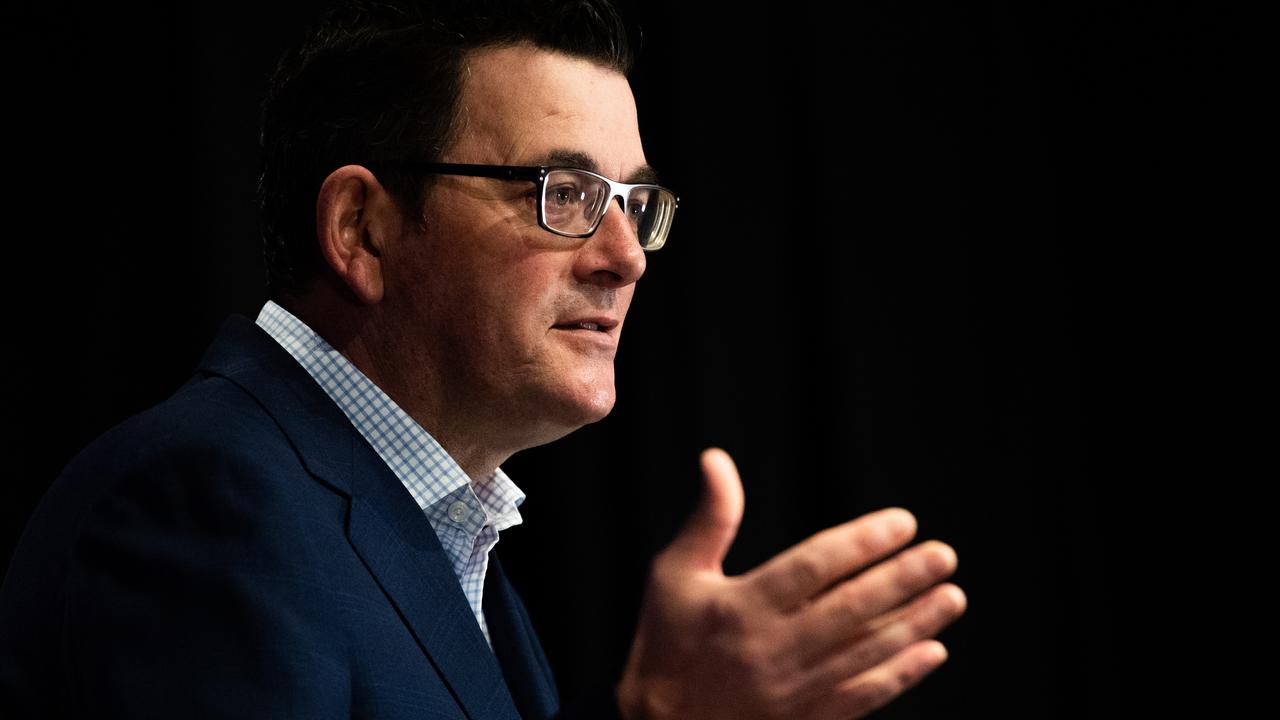Rita Panahi: World must stand up for abused women
THE international community is rightly wary of North Korea but happy to do business with misogynist regimes, lauding little concessions instead of demanding equality for women, writes Rita Panahi.
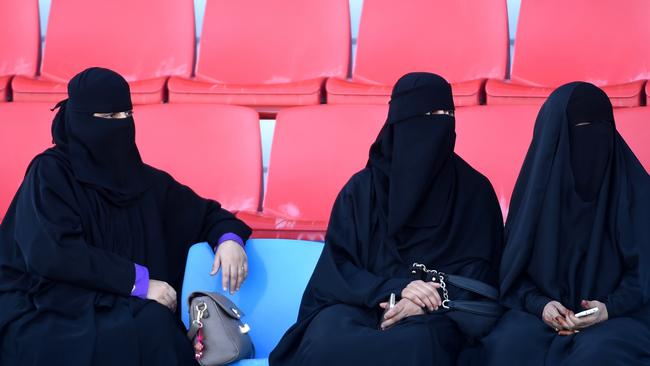
Rita Panahi
Don't miss out on the headlines from Rita Panahi. Followed categories will be added to My News.
WHAT a difference a few months makes. The same people decrying US President Donald Trump’s tough talk against North Korea and warning that it would lead to nuclear war in January are now upset that he is being too friendly by meeting Kim Jong-un and working towards denuclearising the Korean Peninsula.
The change in tune may have something to do with certain segments of the media being incapable of finding anything positive about the Trump administration’s achievements, whether it’s the 18-year-low unemployment numbers or the first meeting between a sitting US president and the leader of North Korea.
But there is also reasonable criticism that by meeting Kim the US is giving legitimacy to a brutal dictator responsible for killing scores of North Korean citizens and sending thousands to labour camps.
And yet the same media and international community continually give a pass to other regimes with woeful human rights records.

Where is the widespread condemnation of the West’s cosy relationship with backward and intolerant Gulf states that systematically brutalise their citizens, particularly those unfortunate enough to be born female?
Those who are troubled by Kim being legitimised should also be denouncing Western leaders who establish and strengthen relationships with despotic nations where misogyny and religious bigotry are institutionalised.
Saudi’s Crown Prince Mohammed bin Salman has been feted around the world as a great leader and reformer.
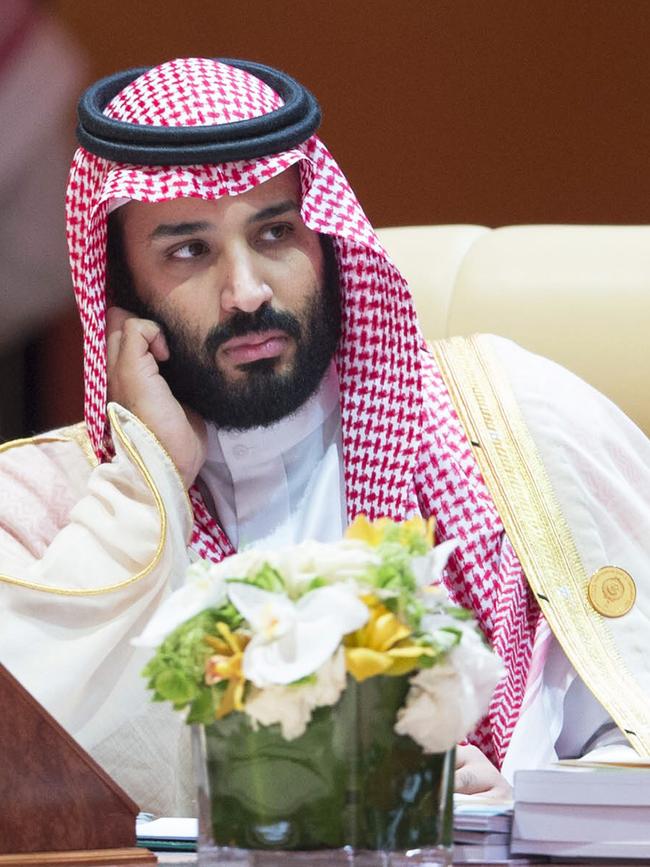
Embraced by leaders across Europe on a recent global tour, he has won admiration from pundits who have called him “the real deal” and a genuine moderniser.
The prince has won lavish praise from the media, including cringe-worthy articles in the New York Times and US current affairs program 60 Minutes.
Saudi Arabia is seen by the US and Israel as a preferred ally in bringing stability to the region, particularly when compared with the Iranian regime. That’s understandable given the Iranian leadership’s unfortunate habit of wishing death to America and wanting to wipe Israel off the map. But the Saudis are hardly a beacon of peace and tolerance.
There’s the Saudi-led coalition’s ruthless military action in Yemen that is causing widespread death and destruction. A blockade of food and medical supplies has caused untold misery, with the United Nations warning last week that 8.4 million Yemenis are on the brink of famine.
Meanwhile, the media appear preoccupied with the modernisation the 32-year-old prince has supposedly brought to the Saudi kingdom; much has been written about women being granted greater freedoms and the efforts to return the country to a moderate form of Islam.
In 2015 women were finally allowed to vote and about 130,000 registered to exercise that hard-earned right, though male voters outnumbered women 10 to 1.
This year women were given permission to enter sporting stadiums alongside men and will this month be allowed to drive.
They are positive steps that have won the Saudis plenty of praise but scratch the surface and you’ll see that women are still subjugated from cradle to grave and the kingdom’s human rights record is as deplorable as ever.
LAST month the Saudi authorities locked up several prominent women’s rights campaigners, including Loujain al-Hathloul and Eman al-Nafjan, who had long fought for the very policies that the prince is taking credit for introducing.
Those arrested have been subjected to a shameful smear campaign in the state-sanctioned media and there are fears they will be charged with treason, which carries the death penalty.

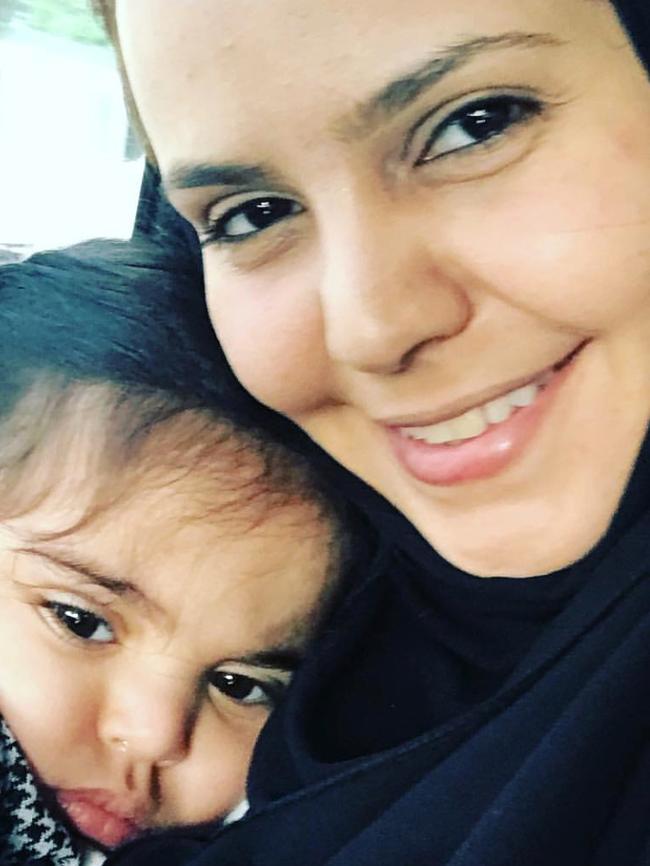
If the Saudis were serious about reform, they’d release all the women’s rights activists and free thinkers, including blogger Raif Badawi who is in jail, sentenced to 10 years and 1000 lashes for insulting Islam.
Also in prison are political prisoners facing execution for taking part in protests, among them Ali Mohammed al-Nimr, who has been sentenced to death by beheading and crucifixion for attending a pro-democracy rally when he was 17.
The Saudis have been clever in promoting their supposed reformation on the global stage and too many in the media have uncritically reported the advances.
In 2012 Saudi Arabia announced that women would be allowed to compete in the Olympics for the first time, earning the country plenty of favourable PR.
But why do we applaud these little concessions instead of demanding equality for women?
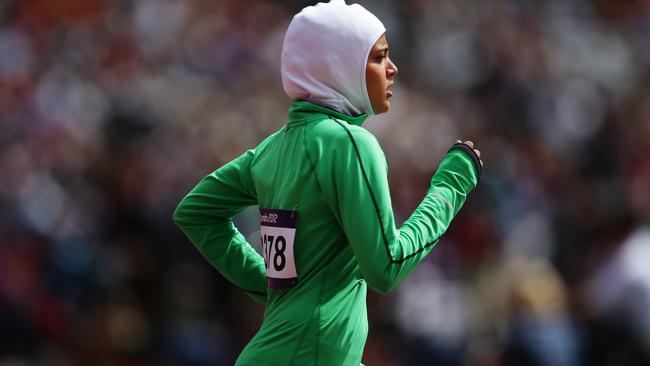
The civilised world took a stand against South Africa to pressure the nation to abandon its system of apartheid but there is no such pressure on countries such as Saudi Arabia, Bahrain and the United Arab Emirates to end their gender apartheid.
The Saudis are welcome at sporting events and are taking part in the World Cup, despite their penchant for executing women for crimes such as adultery, sorcery and apostasy.
Then there is the forced veiling and male guardianship requirements under which women are treated as children and must seek permission from male family members — a father, husband and even sons — to obtain a passport, study or work.
Despite their shocking treatment of women, religious minorities, homosexuals and indeed anyone who isn’t devoted to Wahhabism, Saudi Arabia has enjoyed a seat on the UN Human Rights Council and last year was elected to the UN Women’s Commission devoted to “the promotion of gender equality and the empowerment of women”.
It’d be funny if it wasn’t so desperately tragic.
Rita Panahi is a Herald Sun columnist .


